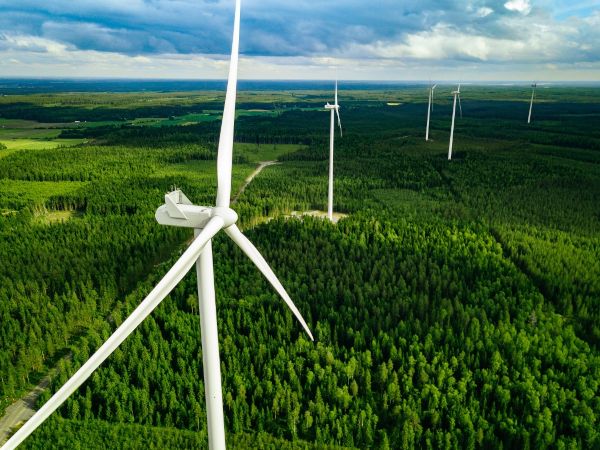
Date: 5 December 2024
The report provides an in-depth review of the glass industry’s progress on its journey to achieving net zero carbon emissions, highlighting the advancements since 2020/2021 and detailing the sector’s ambitious carbon reduction efforts.
The report also provides an update on the status of policy recommendations, highlighting the challenges and opportunities that lie ahead.
First published in 2021, the Glass sector net zero strategy laid out a roadmap for the UK glass industry to achieve net zero by 2050. This latest progress report acknowledges developments in low-carbon technologies, energy availability, and decarbonisation commitments across the sector. As glass is an essential material for a low-carbon economy, used in applications such as renewable energy systems, transport, and building insulation, the sector plays a critical role in supporting carbon reduction efforts in other industries.
The progress update reveals that many UK glass manufacturers are now in the process of implementing detailed investment plans to support their decarbonisation goals. However, these goals depend heavily on government policies that encourage low-carbon energy solutions, recycling innovations, and funding for research and development.
Commenting on the report, Paul Pearcy, Federation manager said:
“Since the publication of the original strategy, UK glass manufacturers have raised their decarbonisation ambitions, particularly in relation to fuel switching and reducing process emissions, making great strides to reduce carbon emissions.
“While some progress has been made, there are still key areas where additional government support is needed such as the continued and enhanced investment needed in energy infrastructure and recycling technologies to ensure UK manufacturers can remain competitive while meeting net zero targets.
“The glass industry is key to the UK’s transition to a low-carbon economy. Glass is a circular material that can be recycled indefinitely without loss of quality, making it an essential part of reducing waste and lowering carbon footprints in other sectors. The strategy underscores the importance of glass in the global effort to reduce carbon emissions, especially as the demand for sustainable materials continues to grow.”
Despite the great progress made, British Glass stresses that further action is required to reach net zero. The continued development of low-carbon energy technologies and policies that encourage recycling and ensure that sites have access to competitively priced low-carbon fuels are critical to the sector’s success.
Read the full report here.
 600450
600450








Add new comment